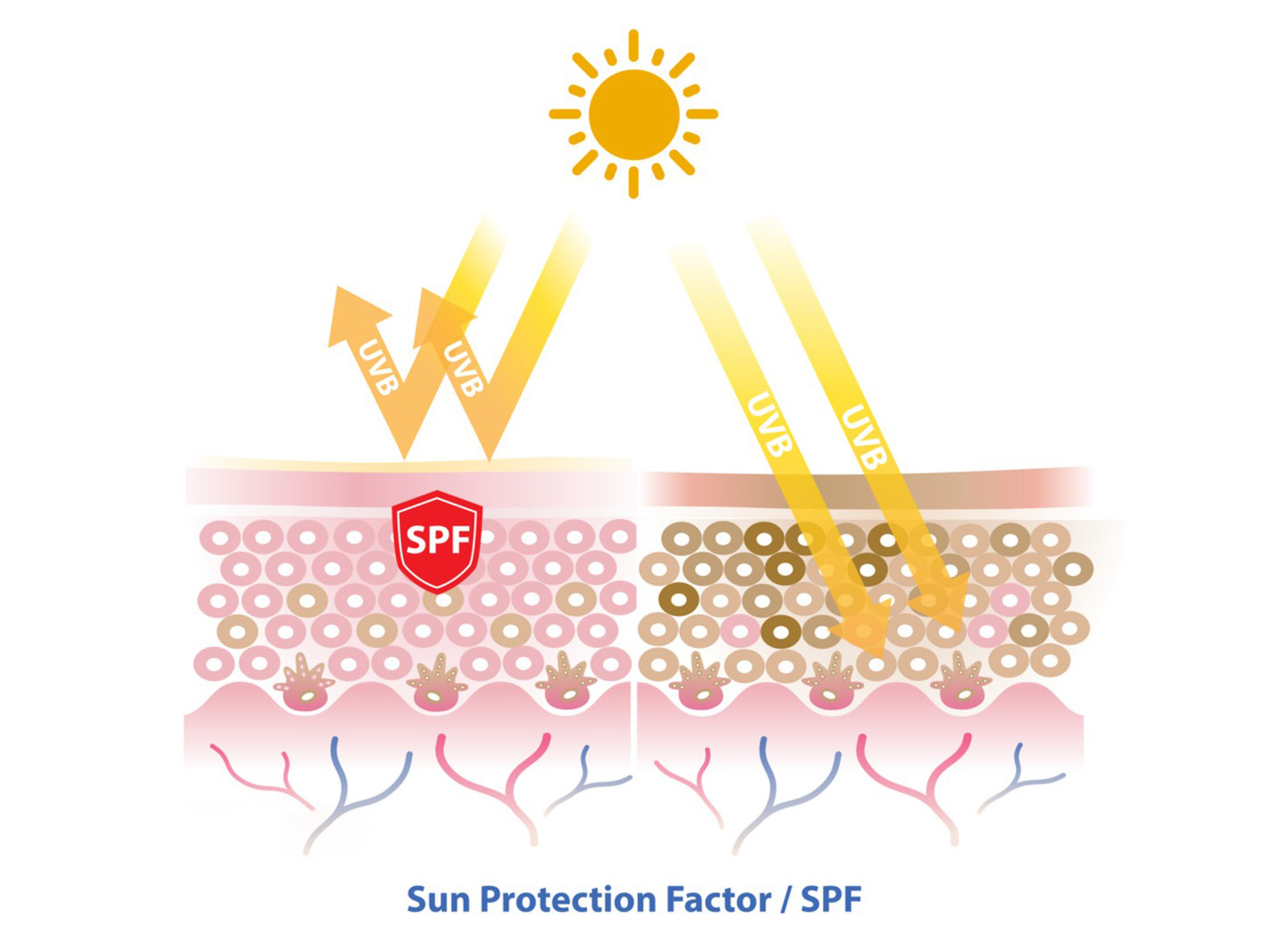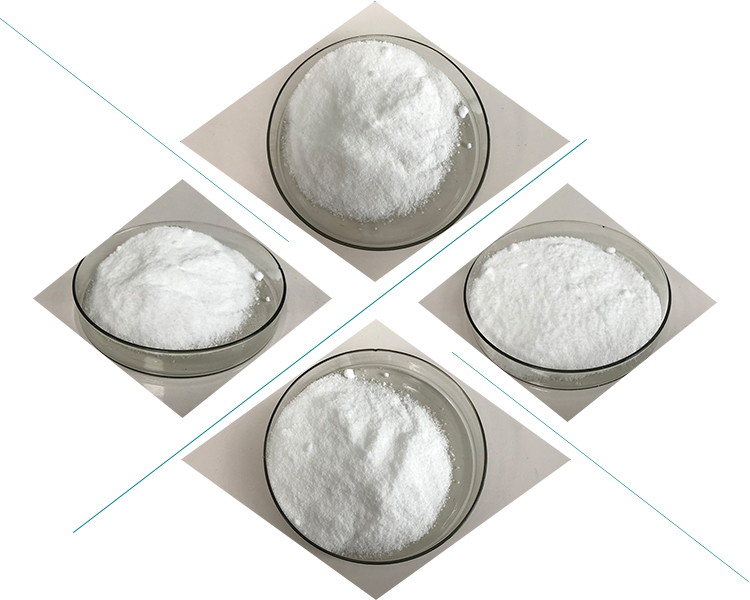Avobenzone is a common ingredient found in many sunscreens. It is a chemical sunscreen agent that helps protect the skin from the harmful effects of ultraviolet (UV) rays, specifically UVA rays. Avobenzone works by absorbing the UVA rays and preventing them from penetrating the skin.
Treatment of Avobenzone
1.Sunscreen Application:
Avobenzone is typically included in sunscreen formulations to provide broad-spectrum protection against UVA rays.
It is important to apply sunscreen with avobenzone generously to all exposed skin, especially when spending time outdoors.

2.Reapplication:
Sunscreen with avobenzone should be reapplied regularly, especially after swimming, sweating, or towel-drying.
Follow the specific instructions on the sunscreen product regarding reapplication intervals.
3.Combination with Other UV Filters:
Avobenzone is often combined with other UV filters in sunscreen formulations to enhance overall sun protection.
Some sunscreens may use a combination of chemical and physical (mineral) UV filters for comprehensive coverage.
4.Stability Concerns:
Avobenzone can be less stable when exposed to sunlight, and its effectiveness may decrease over time.
Some sunscreen formulations may include stabilizing agents to address this issue.
5.Potential Allergic Reactions:
While avobenzone is generally considered safe for most people, some individuals may experience skin sensitivity or allergic reactions.
It is advisable to perform a patch test before using a new sunscreen to check for any adverse reactions.

6.Compliance with Guidelines:
Users should follow guidelines provided by regulatory authorities and health organizations regarding sunscreen use.
Different regions may have specific regulations and recommendations for sunscreen application.
Always refer to the product’s label for specific instructions and guidelines related to avobenzone-containing sunscreens. If you have specific concerns or skin conditions, consulting with a dermatologist is recommended for personalized advice.
